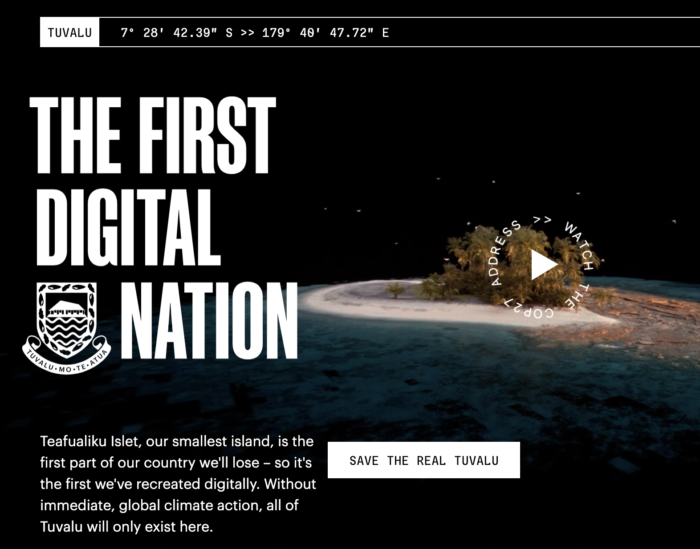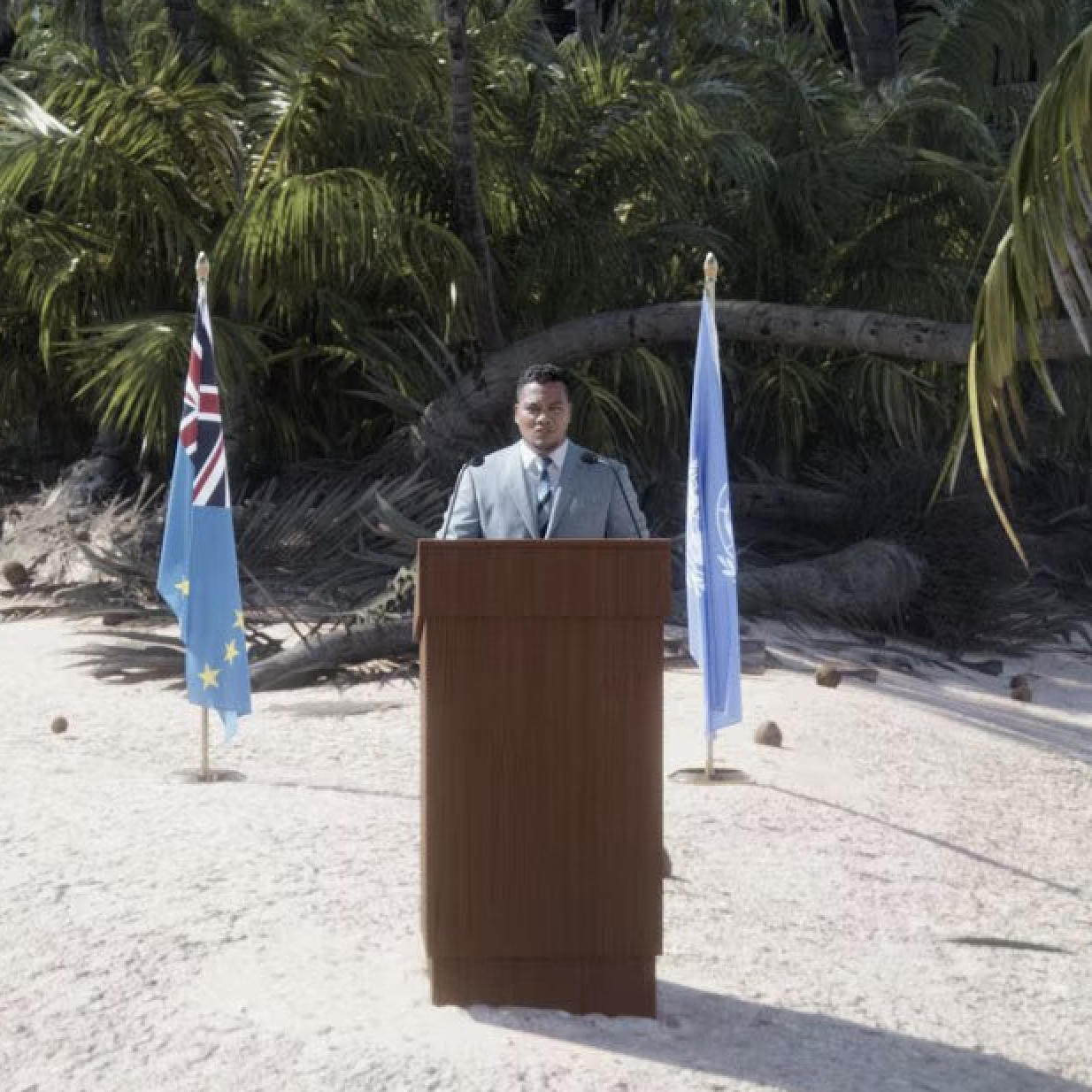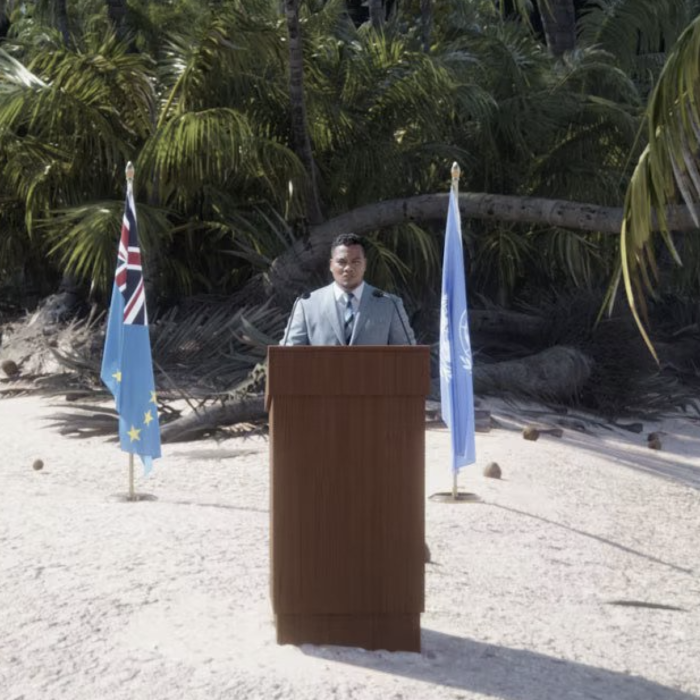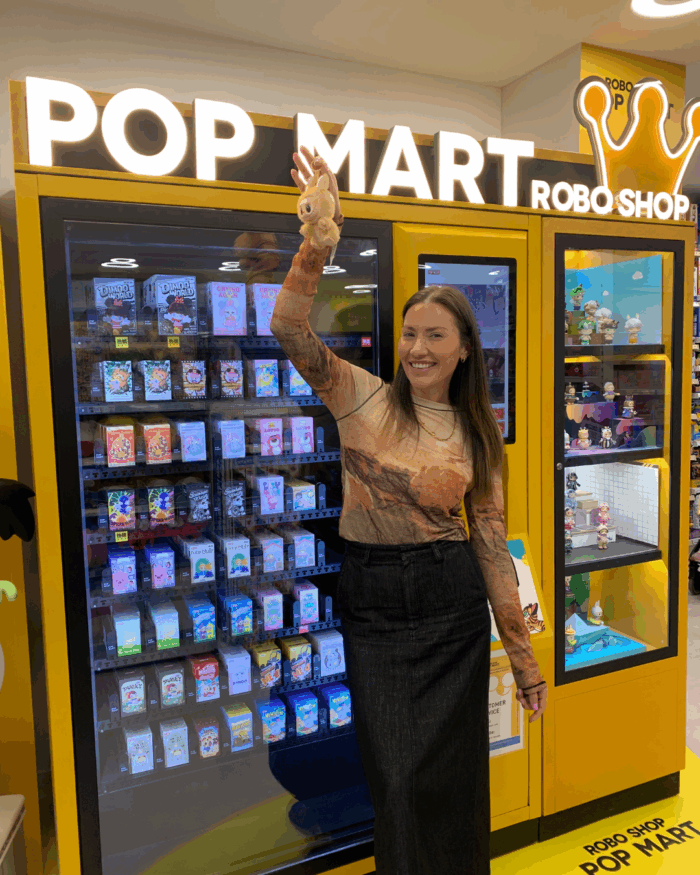The Pacific nation of Tuvalu recently declared plans to build a metaverse version of itself in response to the existential danger posed by increasing sea levels. Tuvalu’s minister for law, communication, and foreign affairs, Simon Kofe, made the revelation last week in a distressing digital statement to COP27 leaders.
Tuvalu is a South Pacific island with a population of around 12,000 people. The island has been designated as “particularly vulnerable” to climate change by the United Nations, and could be uninhabitable by 2100 if sea levels continue to rise at their current rate.
Tuvalu’s culture might be preserved by creating a digital duplicate of the country in the metaverse. It is part of a rising trend of making digital replicas of everything from tangible things right through to complex systems. Tuvalu claims it may still be able to “fully function as a sovereign state” in the metaverse if its people are forced to relocate.

What is a metaverse nation?
The metaverse, refers to an all-encompassing virtual reality universe. There are many visions of what the metaverse might look like, with the most well-known coming from Meta (previously Facebook) CEO Mark Zuckerberg.
Each vision is based on the idea of augmented and virtual reality becoming one.
Kofe implies three aspects of Tuvalu’s nationhood which could be recreated in the metaverse:
- Territory – The reconstruction of Tuvalu’s stunning natural beauty, which can be experienced in a variety of ways.
- Culture – The ability for Tuvaluan people to engage with one another, wherever they may be, in ways that uphold their language, traditions, and customs.
- Sovereignty – Could the government of Tuvalu have power over virtual land if they lose control of the physical land which they currently control?
There are currently countless online communities and 3D virtual worlds that show the potential for fully virtual interactive settings. Consider the online multimedia platform SecondLife, which enables users to design their own avatars and engage in virtual world interaction. In fact, Estonia, Sweden, and The Maldives have all established online virtual embassies.
The idea put out by Tuvalu to build its digital twin in the metaverse is a desperate attempt to deal with a catastrophic circumstance, but a clear example of how emerging digital landscapes can provide solutions for even the world’s most complex issues.






